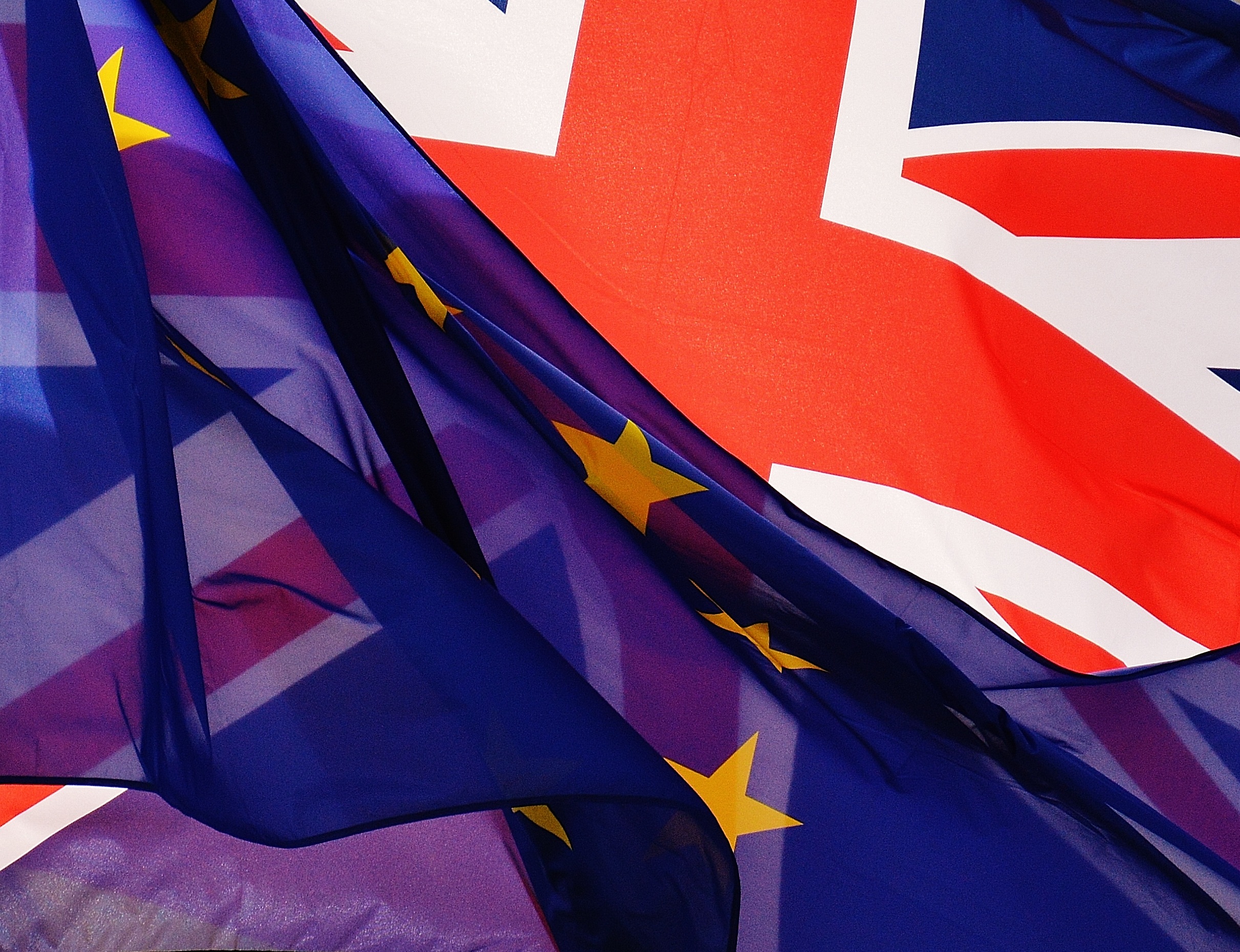What a ‘no deal’ Brexit could mean for international trade, customs and VAT
31 August 2018
It’s almost impossible to avoid the phrase ‘no deal Brexit’ at the moment. Depending on your source, it’s either inevitable, increasingly likely or just possible - but what does it mean in practice? What are the implications for the Scottish business community and can you do anything to prepare?
Explaining the ‘no deal’ scenario
The UK government has now published its first tranche of technical papers outlining some of its unilateral actions and recommended steps for businesses in the event of a ‘no deal’ Brexit.
The technical papers set out the UK’s position in the event of absolutely ‘no deal’. It is possible that there will be a ‘bare bones’ deal covering key activities, but it’s not clear what activities. A possible example is air travel: planes won’t suddenly be grounded – something will be in place to ensure we can still fly. However, a ‘bare bones’ deal can’t cover everything. Some activities, such as international trade, customs procedures and VAT, will have to fall back on existing frameworks.

What would ‘no deal’ mean for international trade, customs and VAT?
Currently, the UK and EU trade on a ‘no-barriers’ basis, through a single market for goods and services. This means no tariffs, no border controls for goods and a free market for services. Without a deal, this framework disappears. The most likely alternative is that the UK will fall back on World Trade Organisation (WTO) terms – but what does this mean in practice?
Internationally recognised quality marks like the Authorised Economic Operator (AEO) status will become increasingly important, as these will allow businesses to streamline their customs processes and fast-track shipments through certain customs procedures. We explain the importance of AEO status in more detail here.
Businesses will need to develop and expand their knowledge of customs procedures or outsource to meet the new requirements, especially firms that have no experience of importing and exporting outwith the EU.
Susan Walker
Head of Tax
Buying and selling goods between Scotland and the EU
The UK’s current customs tariffs, import and export procedures and VAT rules are all derived entirely from our EU membership. The adoption of WTO rules in the event of a ‘no deal’ scenario is likely to result in higher costs on all goods traded between Scotland and the EU.
Existing special customs procedures, such as Inward and Outward Processing Reliefs and warehousing, which ease the cost and administration associated with international movements of goods, are all derived from EU rules and are all likely to change – again creating additional costs.
All the UK’s current trade agreements with other countries are negotiated at EU level. These will disappear and need to be re-negotiated in the event of a ‘no-deal’ scenario. This is, of course, held up by those in favour of Brexit as a key benefit, but re-negotiation will be governed by the WTO framework, which will restrict the UK’s freedom to negotiate on a country-by-country basis around issues such as quotas and favoured-nation status.
VAT
The UK will continue to have a VAT system when it leaves the EU and this will largely follow existing VAT rules, at least for domestic transactions.
There will be some changes relating to international movements of goods. The current differences between the VAT treatment of movements to and from the EU and to and from third countries will disappear. There is some good news here with the introduction of import VAT accounting via VAT returns for all imports (not just those from the EU) - although the payment or deferment of other customs duties at entry will still be required. Some EU statistical reporting – Sales Lists and Intrastats – will also disappear.

Is there anything we can do to prepare?
Planning when things remain largely uncertain is obviously difficult, but you can start to prepare for the possible alternatives now.
- Read the technical papers that are relevant to you – they give a good snapshot of current government thinking on a pure ‘no deal’.
- Remain flexible – after a long wait, we are now starting to get hard information in some areas, but many things can change.
- Understand the impact on your core activities – particularly if you trade internationally. Start to plan now for a ‘no deal’ position. Can you acquire the technical expertise you need to trade in the revised international market? Will you need to recruit? Or outsource? Will your current business systems be able to cope with the changes? Should you consider applying for AEO accreditation?
- Assess the potential costs – what is the impact of changes in tariffs and trade procedures on your international business – imports and exports? Can you absorb increased costs, or do you need to re-price?
- Act with care - it’s good to plan – but don’t panic. A lot can happen between now and March 2019. Stay informed and watch your markets, your suppliers and your competitors. Stay engaged with them – opportunities will emerge as things evolve – be ready to go with them. Keep on top of new information. Be flexible and stay agile.
Keeping you informed
With the official leave date on 29 March 2019 approaching fast, and many steps still to come before plans are finalised, we will be watching how things develop. In the meantime, should you have any questions or feedback on the likely impact of Brexit for your business, please talk to us about how we can help you to plan ahead or visit our Brexit page.
